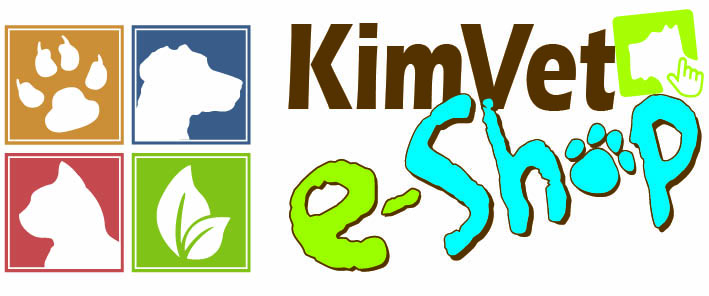Pets and ageing. A sensitive topic for most of us. We as pet owners like to think that our pets will live forever.
The thing is, just like humans, age is the one thing that we simply cannot prevent. It creeps up on you, your pets even more so.
Pets age at an exceptionally quicker pace than we do, breed and weight playing a pretty big role as well. At some point you’ll start to notice the small behavioural changes that might have gone unnoticed a year or two ago. It’s at this point we start to panic.
Taking your pet for a yearly health check is a no-brainer, but as your pet grows older, it’s advised to go for health checks more often so that early signs of ageing can be isolated and treated accordingly, making the process of growing old more comfortable for your pet and A LOT less scary for you as an owner.
In the photo accompanying this post, is a short version of, what Hill’s Pet Nutrition refers to as, the Tell TAIL Signs of ageing. Apart from the clever wordplay, this is actually some pretty relevant information to help in identifying those very behavioural changes even the most conscientious pet parent may have missed. This most definitely applies to both dogs and cats.
The Tell Tail Signs are as follows:
T:
Teeth and Thinking
As your pet gets older, just like humans, they tend to start forgetting simple things, like where their bed is, or where the door is when they need to go outside.
There is a very good chance that they also may need a dental. Some of the clues include bad breath and brown/yellow tartar build-up on their teeth with red, inflamed gums.
It is important to address this as soon as possible, because leaving their teeth in that state could seriously affect your furry friend’s health, for example, bacteria from the mouth could localise in the heart valves and cause endocarditis.
Check in with your nearest vet so that they can assist you with these issues and better the quality of life of your senior pet.
A:
Activity and Arthritis
You may notice that your pet doesn’t chase the ball as vigorously anymore, is slower to get up, or isn’t as eager to get to his/her food bowl for supper. This decrease in day to day activity could be an indication that your pet suffers from arthritis.
This is a painful part of getting old and both geriatric cats and dogs suffer mostly in silence.
As with humans, this is a fairly normal occurrence and can be managed with the correct diet, a joint supplement and a visit to the vet to ensure that it is safe to start your pet on a pain management protocol for those really painful days.
I:
Interaction and Interest
It may seem like your pet isn’t interested in spending time with you anymore, but in reality, this behaviour change could play a big part in ageing. Think of your pet as a grumpy old man or a grumpy old lady, they too like some peace and quiet, and that’s perfectly natural.
Yes, they don’t want to play with the kids as much, or don’t like all the attention and fuss, it’s just because they’re getting old. Keep in mind, this should not be confused with inactivity due to pain from other age related ailments like arthritis.
Be attentive to the needs of your geriatric pet to avoid any mishaps.
Take them to the vet to discuss all possible outcomes of ageing and every possible way to be there for your pet through this scary phase, like they have been there for you.
L:
Loss of control
Just like us, getting old means losing control over some of the most basic things that used to come naturally to your pet. Accidents in the house happen more regularly, and that’s okay. It may be inconvenient to have to clean up after them, but the best way to handle this situation is to go in for a health check. Discuss any changes in behaviour and the disruption of a daily routine to help your doctor understand what exactly is happening.
Medication can possibly be prescribed for incontinence and even Alzheimer’s in certain cases.
S:
Sleep-Wake Cycle
You may have noticed that your pet’s sleeping habits have changed. Now, they may be awake more often at night and take naps more often during the day.
This is a natural part of getting old, but could be indicative of certain health issues that may accompany the ageing process.
Unfortunately, there is rarely a quick fix to getting old. The best course of action is to visit your nearest veterinarian for a check-up and to discuss certain issues pertaining to your individual pet.

(PRNewsfoto/Hill’s Pet Nutrition)


